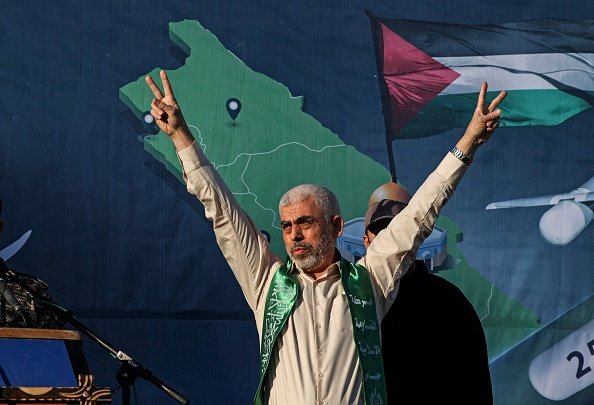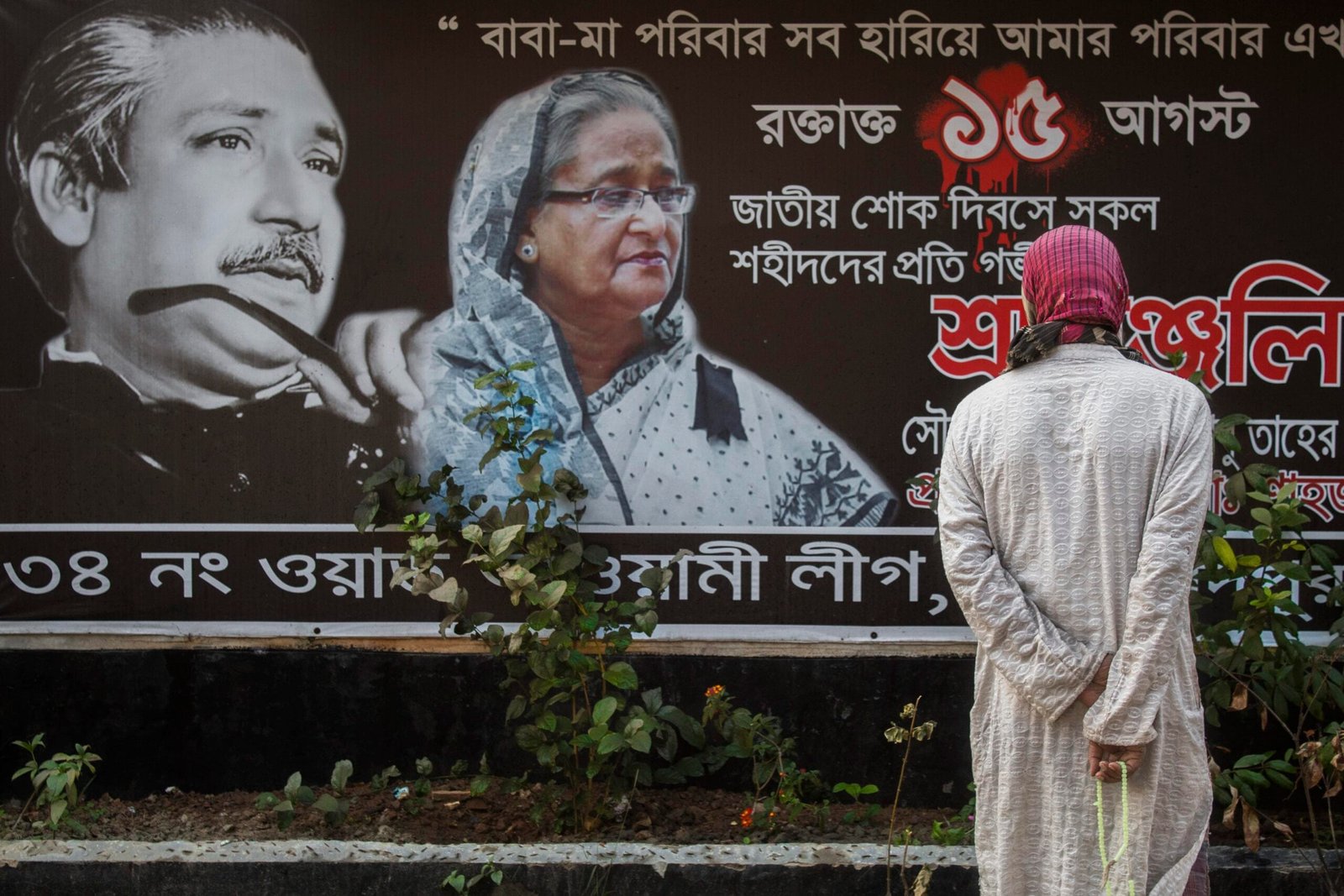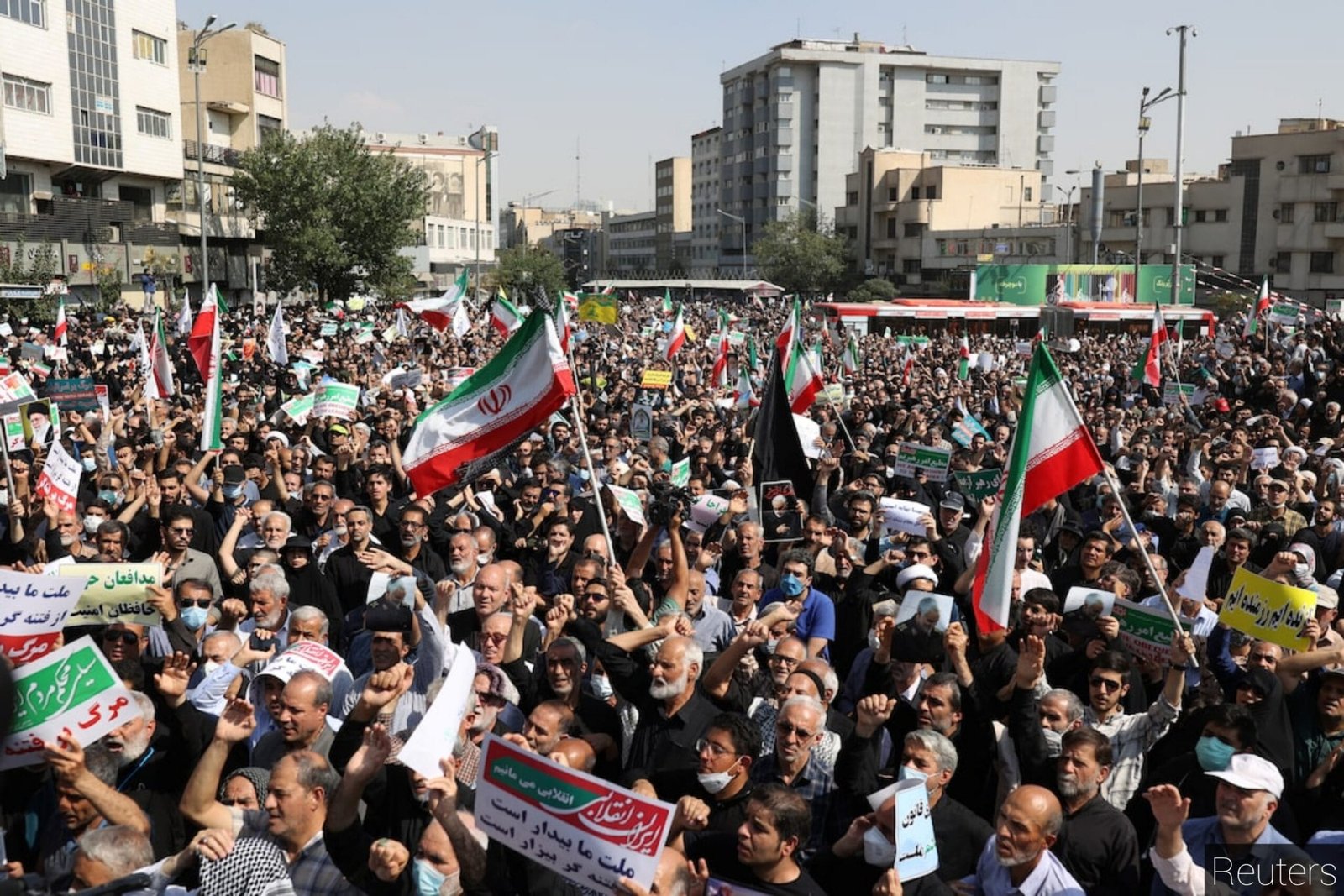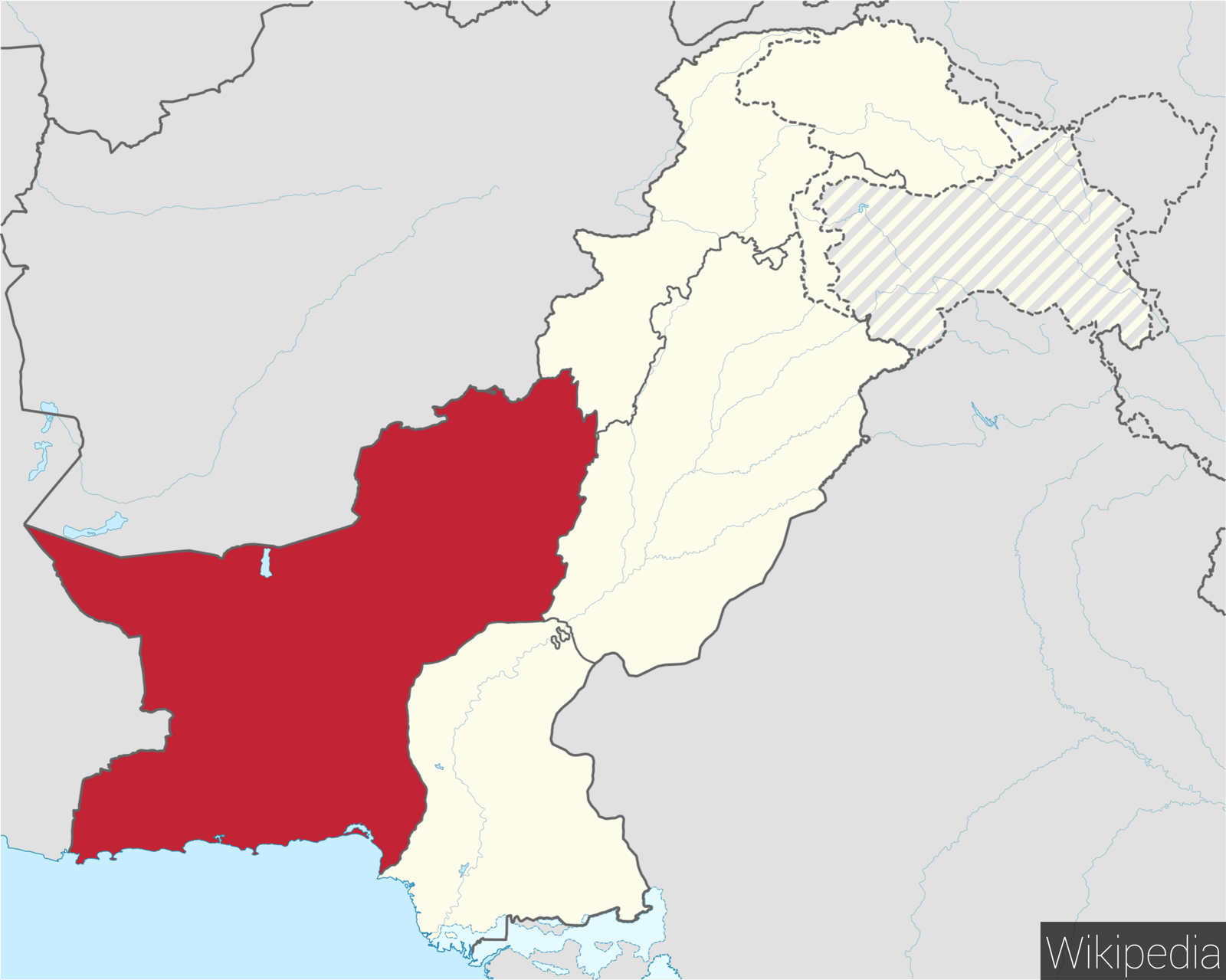
Table of Contents
Early Life of Yahya Sinwar
Yahya Sinwar was born on June 26, 1967, in the Khan Yunis refugee camp in the Gaza Strip. His family was originally from a village called Al-Majdal, which is now part of Israel. Growing up in a refugee camp, Yahya Sinwar’s early life was shaped by the tough political situation between Israelis and Palestinians.
Sinwar started his education in the refugee camp, where there were not many resources, but students were eager to learn. His early schooling focused a lot on Islamic teachings and love for Palestine, which strongly influenced how he saw the world. Later, he went to the Islamic University of Gaza and earned a degree in Islamic studies. His time at the university helped shape his beliefs and the way he would lead in the future.
Besides his education, the culture and life in Yahya Sinwar’s community also helped shape who he became. Seeing his family and neighbors struggle made him strong and determined. As a young man, he joined groups that worked for Palestinian rights, which was the start of his political journey. When the first Intifada (Palestinian uprising) happened in the late 1980s, it pushed him to get even more involved in politics and resistance. These early experiences helped shape Sinwar into a key leader of Hamas and played an important role in his rise after major events, including the time after his reported assassination and his return as a leader in Gaza.
Personal Life of Yahya Sinwar
Yahya Sinwar was an important leader in Palestinian politics. He was born in 1967 in Khan Younis, a city in the Gaza Strip. From a young age, he cared deeply about his community and wanted to help improve its future. As he grew older, he joined a group called Hamas, which had a big impact on how he saw the world and what he wanted to do in politics.
Yahya Sinwar was known as someone who cared a lot about his family. He was married and had children, and his family was a very important part of his life. Many people in his community liked that he valued family, and it made him seem more relatable as a leader. His strong connection to his family and the people around him helped shape the way he led, focusing on what was best for the people he represented.
Besides his political work, Yahya Sinwar had other interests that showed more about who he was. He cared about keeping Palestinian culture and history alive and often supported activities that helped with that. He also cared a lot about education and the well-being of children. He believed it was important to help the next generation grow strong, especially because of the tough situations many Palestinians face.
Yahya Sinwar’s personal beliefs strongly influenced his public life. He often spoke with passion about Islamic values and the need to stand up against unfair treatment. Because of his strong support for the Palestinian cause, some people admired him while others disagreed with him. These things made him a complicated person, trying to balance his own beliefs with the tough job of being a leader in a very difficult situation.
Political Involvement
Sinwar got involved in politics later in his life through the social system in Palestine. As a teenager, he learned about political groups, which led him to join activities related to society and politics. The situation in Gaza at that time was very tense because of the Israeli occupation, and this had a big effect on his early political experiences.
Sinwar first joined an Islamic group when he was young, and through it, he became connected to Hamas. Hamas was started in 1987 and was important because it mixed Islamic beliefs with the fight against occupation. Sinwar’s interest in Hamas grew during college, where he joined student groups that talked about how to lead and organize resistance. This mix of politics and school showed how deeply he cared about the Palestinian cause.
Two important events had a big impact on Yahya Sinwar’s political goals. One of them was the First Intifada, a Palestinian uprising against Israeli forces. This event inspired many Palestinians to take action, and Sinwar wanted to help lead that energy. In the early 1990s, he became more active in Hamas and was later chosen to be part of its political leadership. He focused on helping with both military actions and programs that supported Palestinian people in need.
Yahya Sinwar’s rise to power happened mostly because he strongly believed in fighting for Palestinian rights and had a clear idea of what leadership should be. His smart planning and strong support for Hamas helped him become a top leader in the group. His life story-from a young fighter to an important political leader-shows how personal beliefs and activism have always been connected in Palestinian history.
Leadership in Hamas
Yahya Sinwar became a powerful leader in Hamas because he understood the problems and politics in his area very well. His time in prison in Israel taught him important lessons about how to fight back and when to talk things out. This experience helped him make smart decisions as a leader, even when things were very difficult.
Sinwar also knew that helping people with their basic needs was important to keep their support. He tried to win the trust of people in Gaza by spending money on things like hospitals, schools, and roads. This way, he showed that he cared about their daily lives, not just politics.

Another important part of Sinwar’s leadership, according to Israel, was that he was good at making deals and working with different groups. He always looked for friends and support, especially during hard times, like when Hamas needed money or help from other countries. Because of this skill, he became a very important leader in Palestinian politics.After the killing of Ismail Haniyeh, Yahya Sinwar officially became the leader of Hamas. Israel believes that Sinwar was the main person behind the Hamas attack on October 7, 2023.
Involvement in Conflict
He became an important leader in the fight between Palestinians and Israelis. His power grew after he was chosen as the head of Hamas in Gaza in 2017. While he was in charge, Hamas carried out major attacks against Israel, especially during big fights in 2018 and 2021.These battles included rocket attacks and fighting on the ground. He was known for using smart war tactics, like using Gaza’s cities to hide and fight, and building tunnels to move supplies and launch surprise attacks.
He was not just focused on battle plans-he also strongly believed in the ideas behind Hamas’s actions. He often spoke about the right of Palestinians to fight back and said that using weapons was fair because of how Israel treated them. Many people in Gaza agreed with what he said, which helped Hamas stay popular and gain more support.
His actions have had a big effect on the people of Palestine. Some people praise him for standing strong against Israel, but others say his choices have caused a lot of problems.Because of his military plans, there have been many airstrikes by Israel that hurt many people and made life even harder in Gaza. These attacks have made the situation worse for Palestinians, who already face tough living conditions. His actions have also affected the politics of the whole region in a serious way.
Controversies and Critisicm
Yahya Sinwar was a well-known Palestinian leader in both politics and the military. During his career, he was often involved in controversy. Many people, both in Palestine and around the world, criticized the way he led. They said he focused too much on fighting instead of trying to solve problems through peace talks. Because of this, the violence in the region continued for a long time.
He was often blamed for making fights between Israel and Hamas worse. People strongly criticized the decisions he made during big wars, especially the Gaza War in 2014. Many said these choices led to many deaths and made life in Gaza even harder.Some people started to ask an important question: should winning battles be more important than protecting regular people? This debate is key when thinking about how good or bad his leadership really was.
Assassination
Israel murdered Yahya Sinwar, the mastermind of the October 7 Hamas attack. Yahya Sinwar was one among four leaders reportedly killed by Israel Defense Forces on Wednesday when they struck a building near Rafah. Additionally, the Israeli Foreign Minister mentioned that Yahya Sinwar’s body was among the deceased. However, until the body was identified, no one could verify this. Thus, Israel verified on Friday that Yahya Sinwar was also among the dead by analyzing the body’s DNA.






